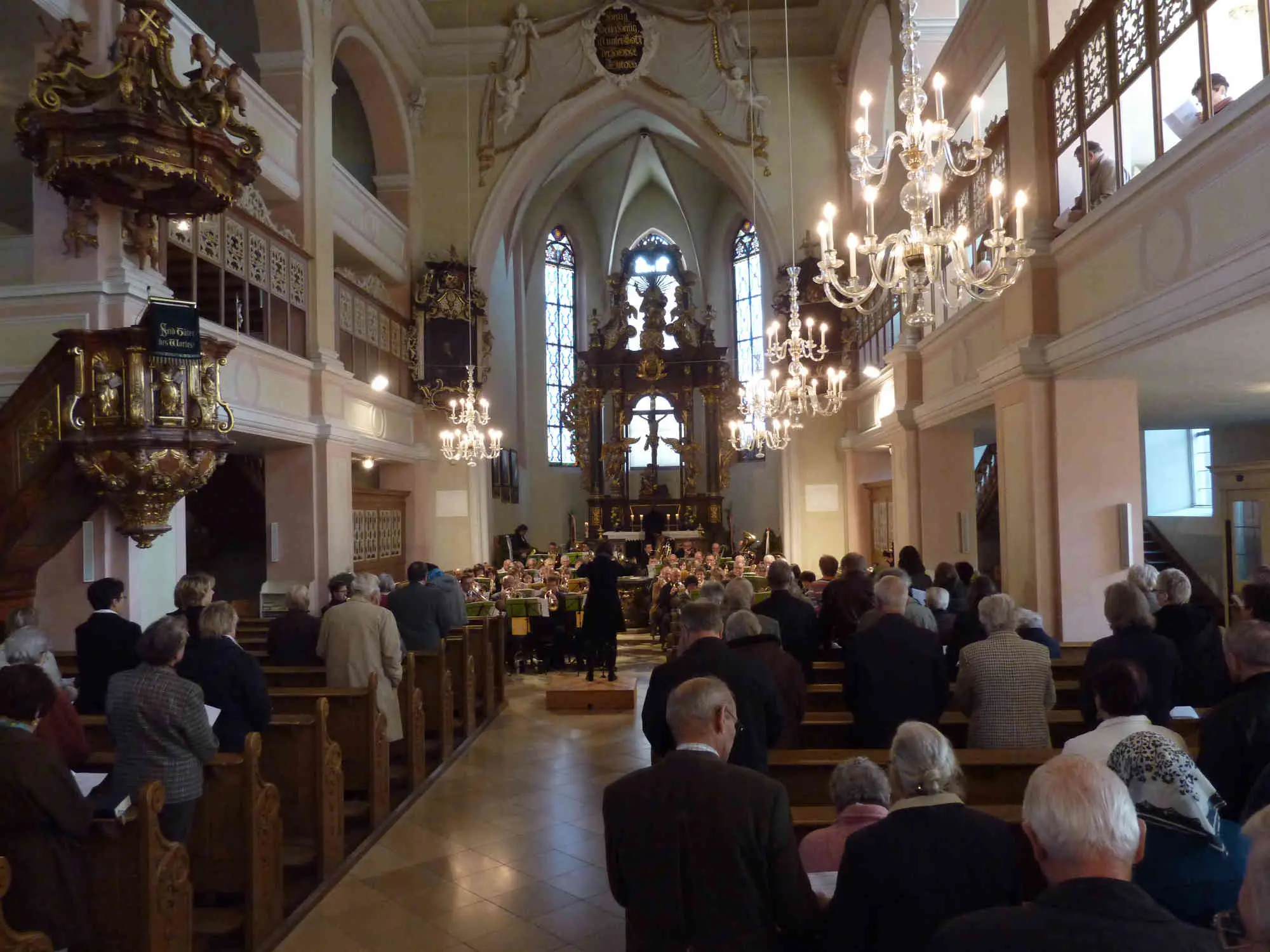Everyone knows that the later teens and twenties can be a difficult time for young Christians.
The transition out of church youth group and school to tertiary education or work can be a time when young Christians lose their faith. Likewise the transition from university to work.
Questions about faith and life, doubts, new ideas, new relationships, and more, can lead people off the discipleship path.
But there are things we can do to make these transitions and growth pains easier.
Everybody’s different
Every person in our church youth and young adult groups is unique. They may differ in gender and sexuality, family background,, intelligence and education, life experience and interests. They may be neurodivergent, suffering from low self esteem, have unsympathetic parents or be highly gifted.
They may enjoy reading theology …. or they may not. They may express their faith very practically, in serving and caring. They may crave acceptance or be fiercely independent.
All these factors, and more, affect how they respond to doubt and questions.
Ideally, we’d like to treat each on in the way that best serves them. But we cannot know all their issues and needs, nor can church programs always be so adaptable.
But we can try to at least have a broad understanding of their faith needs.
Four different responses to doubt
Some young people seem to never have major doubts about the faith they were raised in, but others can have significant doubts and questions. Here are four different responses I have observed.
1. Trusting
Many young christians believe what they have been taught and are never really troubled by major doctrinal and intellectual doubts. They accept the answers they have been given and are happy to share them with others.
We can be thankful for them, though sometimes their faith can remain less mature because it hasn’t really been stretched. Parents and church programs could encourage them to go deeper.
2. Dropping out
Some think and read more widely, and are troubled by some Biblical passages and apparent inconsistencies, and church teachings on doctrine and behaviour. They cannot resolve these issues, they are not given answers they can respect, and they gradually drop out.
Many might be saved from this if they had more opportunities to discuss issues openly and freely, and were given substantial answers that are well based on current historical and scientific knowledge.
3. Uncertainty
Others see these same issues but never really resolve them one way or the other. They may continue to attend church and identify as christians, but they have little confidence in their faith and so are limited in their service to God’s kingdom.
They, also, would benefit from more opportunities to discuss issues openly and freely, with more substantial answers.
4. Reconstruction
Finally there are others who are troubled by the same issues, and they come close to giving up their faith. But they search out answers and their faith is reconstructed around new understandings. These reconstructed christians are often gifted and strongly committed to serving in new ways, but their new faith may differ from their church’s teachings.
These young Christians often end up leaving their church, seeking a community that better understands them and better reflects their new values. They don’t always find what they are seeking and can end up discouraged though still following Jesus.
Different folks, different strokes
What is helpful to people in one category may not be useful to others.
For example, people who are questioning but generally strong in their faith may respond positively to an older person encouraging them to just keep praying and trusting God, and they will be OK. But that advice may by detrimental to people in the other categories, who may feel that is avoiding the very clear questions they have.
There are things churches can do to help people who are facing doubts while still supporting those whose faith is strong.
Control. You must unlearn control! *
*Misquoting Yoda in The Empire Strikes Back.
Too many churches try to exercise too much control, especially over younger members. I think this is because their unspoken goals are safety and conformity. Ministers need a congregation that is safe from disruption, wrong belief or behaviour, or even schism. And if everyone conforms, people will be pleasing God, keeping a pleasant vibe and making things easier for the staff.
But I don’t think those things are God’s primary goals. He could have created us to have no option but to conform to his will, but instead he gave us freedom of choice. Good parents and teachers know that people learn and mature by trying things, making mistakes and developing better judgment.
So control makes immature Christians who obey because they have been told to, but haven’t learn to depend on the Holy Spirit for guidance. Their minds haven’t been transformed as much as God planned for us (Romans 12:1-2).
Create a safe environment
Most young people (there are always the outspoken exceptions!) won’t feel free to question or express doubts if they don’t feel it is “safe” to do so. “Safe” in this case means they won’t be immediately jumped on and “corrected” by a well-meaning leader or adult. Some Bible studies become little more than monologues by the leader and an echo chamber of other members, while questioners hold their tongues.
Leaders can help hesitant questioners feel more comfortable by explicitly saying that nothing is off the table, and nothing will shock them. Then back this up by behaving that way: questioning doubters sensitively, exploring options with questioners, suggesting books or podcasts they might try, and leaving questions open.
It is by far the best if questioners can resolve their issues themselves – they will feel more committed to the answers and will be maturing in their faith and understanding. But if leaders are genuinely open and not controlling, teens and young adults will come to trust them and will accept more direct teaching if it is necessary.
In my experience, this sense of safety and lack of pressure is extremely important to thoughtful young Christians – sometimes a deal breaker.
If churches are hesitant about allowing groups to discuss wide-ranging questions that may disturb the faith of other participants, perhaps have some groups specifically targeted at questioning and others at spiritual growth.
Strong on the core, flexible on the rest
We all know that some teachings are more important than others. There are some matters which are agreed upon by almost all Christians and almost all denominations – mostly things contained in the Apostles Creed. And many other matters on which Christians disagree, but would generally agree were not core teachings.
Many churches have vision statements that are very broad and inclusive – e.g. “To Know Christ and make him known”. And yet, when it comes to teaching and control, they insist on a much more specific set of teachings, be they Catholic, Reformed, Evangelical, Charismatic, etc.
It seems reasonable that churches teach their denominational distinctives, but it seems contrary to their vision statements, common sense and Paul’s teaching in Romans 14 to insist on conformity on non-core teachings. This insistence puts unnecessary pressure and control on young Christians still exploring their faith, life and themselves.
I have seen gifted and committed young Christians more or less forced out of their church because they had come to believe differently about some non-core teachings while still accepting the core teachings.
Examine ourselves
It is hard to credibly support questioning Christians if we haven’t done some questioning ourselves. It is easy to present the doctrine taught in our own church without having ever really considered if it is totally true. This can lead to quite inadequate answers to some difficult questions.
For example, some churches and some websites claim that archaeology supports the Old Testament. This is only partly true. In fact there is little archaeology to support or undermine the period of the Old Testament before King David (about 1000 BCE) and what there is doesn’t offer support. After David there is more archaeology and it is more supportive, but there is still much that archaeology doesn’t address. So if a young Christian hears the claim, then does a little reading and finds out it is problematic, they lose confidence in the person who told them and maybe even in their whole faith.
So it is good for leaders to better understand the way sceptics view the Bible and Christian faith and to honestly face the challenges that are raised. I have found this has changed my understanding in many helpful ways. But it isn’t a process for the faith-hearted!
Youth is made for heroism
Younger Christians can often be idealistic. They want to see justice done, suffering people cared for and non-believers coming to follow Jesus. This can be both a challenge and an opportunity.
It is a challenge because they can expect the church to follow the teachings of Jesus, and can be turned off or indignant when they see compromise. This can create conflict with older, more settled church members.
But it is also an opportunity. If their church has a good justice and mercy program, they can commit wholeheartedly to this while still working through belief issues that might otherwise be alienating.
Sounds good, but …..
You may accept most of all this, but know that your church isn’t going to be so flexible. There are always church gatekeepers (not always the official leaders) who are not comfortable with change, especially if long-held (and strongly-held) teachings are being questioned.
This is a real issue and I don’t suppose there is a simple answer. But taking things slowly, discussing with both questioning youth and the conservative gatekeepers, setting up special groups for discussion of difficult questions, and explaining to all that non-core doctrines are not hills to die on, may all be part of a way forward.
Unfortunately, sometimes it may all be too hard. Questioners and reconstructed believers may be forced to consider finding another church (if there is one that is more open).
Read more
I have examined these questions in greater detail in Making young discipes in the 2020s and Young adults who walk away from Jesus.

Making young disciples in the 2020s.
Ideas on passing on faith to the next generation, based on many years of experience.

Young adults who walk away from Jesus
Sadly, many young adults walk away from the faith they committed to as teens. What can we do about this?

What can we learn from how Jesus expressed the gospel, how he taught and how he treated people?
Photo by olia danilevich.

Leave a Reply